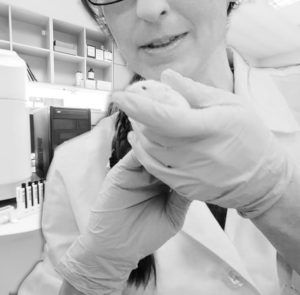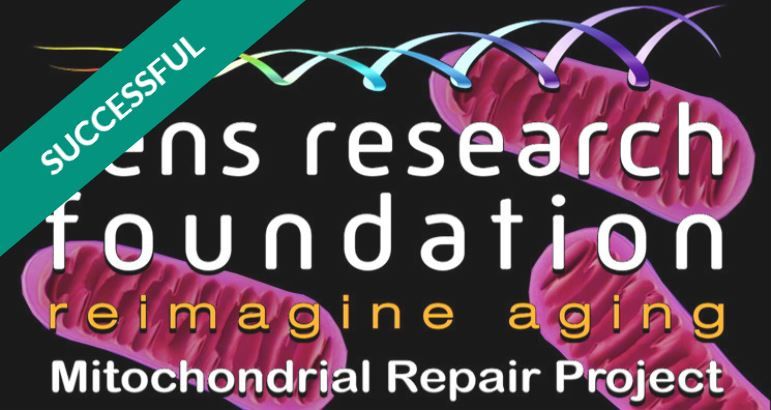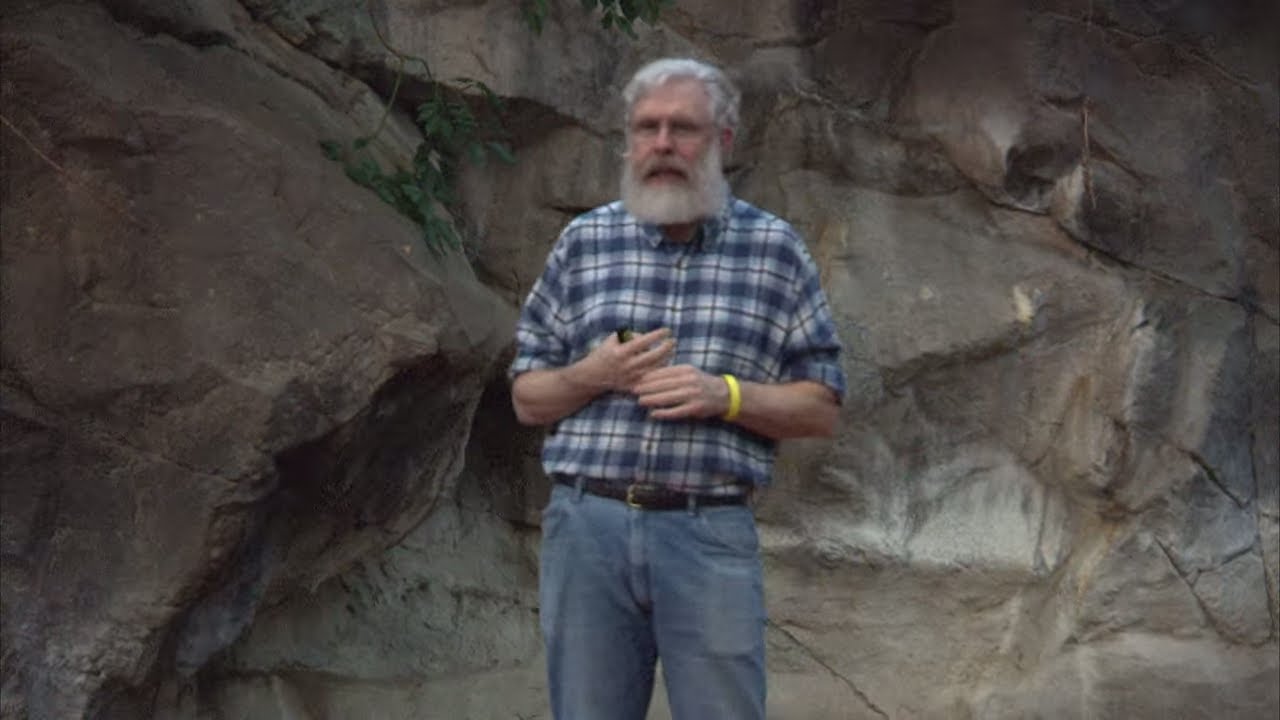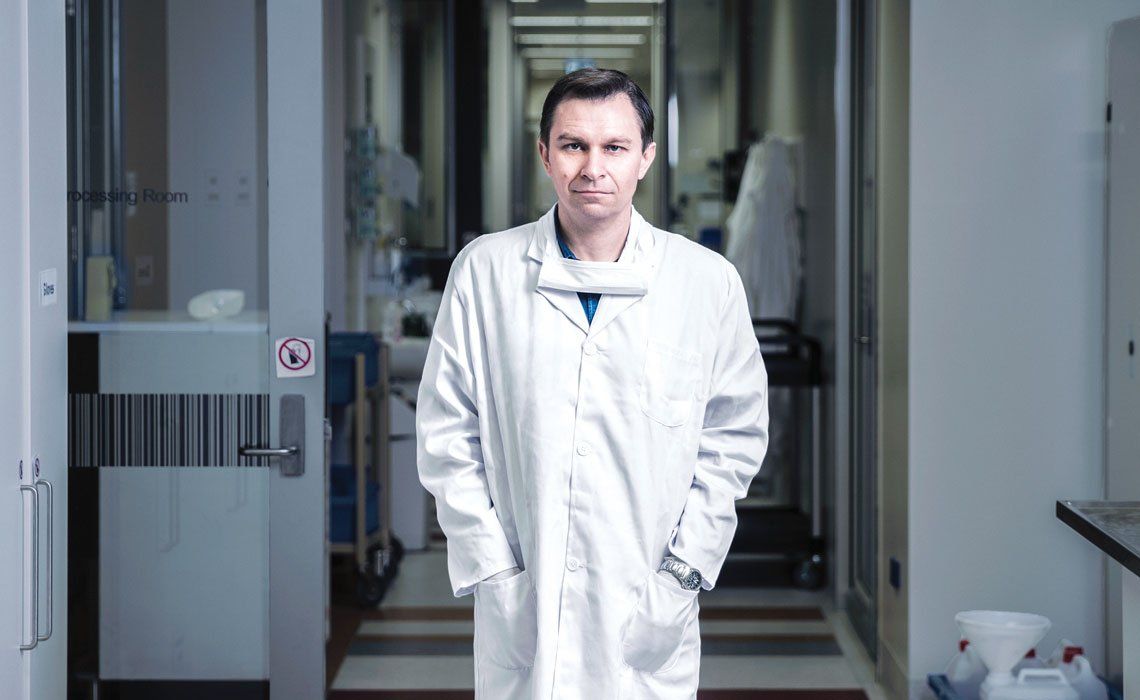In the vicissitudes of life, our recent and living generations moved from the hard times of a hundred years ago to the exponential good times of today. Now a few hundred key pioneers have positioned the world in front of the opportunities of Transhumanism and its main tenet, indefinite life extension. Will we unite the world on these issues and capitalize or waste it and let the weeds reclaim our “wheel”, the magnum opus of our generations? I challenge all would-be leaders and followers to honor our ancestors’ long tradition of pioneering the next stages of our future. Everything about you was crafted and honed for this and there is no other time. Find the blazers of our emerging values and paths, your philosophers of the future, out there at the forefronts on this epic new transhuman voyage of freedoms and discoveries and follow them. All leaders who haven’t already, I implore you to fully embrace your roles, triple down and raise your flags even higher. Friedrich Nietzsche wrote a book preluding this philosophy of the future, which serves as the structure for this paper and is quoted here throughout.
“[Conditioning to hard times] is thus established, unaffected by the vicissitudes of generations; the constant struggle with uniform unfavourable conditions is, as already remarked, the cause of a type becoming stable and hard. Finally, however, a happy state of things results, the enormous tension is relaxed; there are perhaps no more enemies among the neighbouring peoples, and the means of life, even of the enjoyment of life, are present in superabundance. With one stroke the bond and constraint of the old discipline severs: it is no longer regarded as necessary, as a condition of existence—if it would continue, it can only do so as a form of luxury, as an archaizing taste. Variations, whether they be deviations (into the higher, finer, and rarer), or deteriorations and monstrosities, appear suddenly on the scene in the greatest exuberance and splendour; the individual dares to be individual and detach himself. At this turning-point of history there manifest themselves, side by side, and often mixed and entangled together, a magnificent, manifold, virgin-forest-like up-growth and up-striving, a kind of tropical tempo in the rivalry of growth, and an extraordinary decay and self-destruction, owing to the savagely opposing and seemingly exploding aptitudes, which strive with one another ‘for sun and light,’ and can no longer assign any limit, restraint, or forbearance for themselves by means of the hitherto existing morality. It was this morality itself which piled up the strength so enormously, which bent the bow in so threatening a manner:—it is now ‘out of date,’ it is getting ‘out of date.’ ” – Friedrich Nietzsche, Beyond Good and Evil: Prelude to a Philosophy of the Future
Our elders came from the great depression and world war. Then they had to watch what they called “morals”, but which were actually just coping mechanisms particular to their vicissitude of time, as Nietzsche gets at in various places, become increasingly disregarded. That happened faster than ever because, little did they know, the bell curve of exponential advancements in fields across the board were upon them. The variations of excellence and monstrosities proliferated like no other time and were supercharged for an abundant harvest by the buds of enlightenment and technology that had been poking their heads out of the fertile intellectual fields of civilization from the smatterings of good times they were able to come upon throughout the century. A lot of it was stored as compounding action potential. It went off like rifles in the 50s and 60s, with so much force that the bullets are still flying today, and the shots of individual aptitude have been firing ever since. Like he is saying, it’s a jungle of individual morals competing in the survival of the fittest, so you must find ways, that hard times naturally make, to get all these independent construction workers of the best ideas behind the same projects in order to tap that energy for the big stages and human potentials.
 This is our window in time here, as I often say, to get projects like life extension, transhumanism, space exploration, and some other things done. The people of the past didn’t have this opportunity and the chance here isn’t available forever because death will close us off from it or bad times will set back in. A great gate in Plato’s cave has opened, the eternal guard lions of death have left their posts and we don’t know how long until they come back or the gate closes. It is devastating watching those who have been hypnotized by the cave, by the death trance, sitting there with a wide-open door and the clock ticking down. The climb must be made, now is the time, there is no other. Team up and follow the leaders on these new emerging circumstances and moral imperatives or everyone will die as the marvels of space and boundless technology tumble from our hands. We rouse them to action slowly but surely, though all as one, more gets done.
This is our window in time here, as I often say, to get projects like life extension, transhumanism, space exploration, and some other things done. The people of the past didn’t have this opportunity and the chance here isn’t available forever because death will close us off from it or bad times will set back in. A great gate in Plato’s cave has opened, the eternal guard lions of death have left their posts and we don’t know how long until they come back or the gate closes. It is devastating watching those who have been hypnotized by the cave, by the death trance, sitting there with a wide-open door and the clock ticking down. The climb must be made, now is the time, there is no other. Team up and follow the leaders on these new emerging circumstances and moral imperatives or everyone will die as the marvels of space and boundless technology tumble from our hands. We rouse them to action slowly but surely, though all as one, more gets done.
Continue reading “Notes from Nietzsche and some Correlations with Transhumanism” »



















